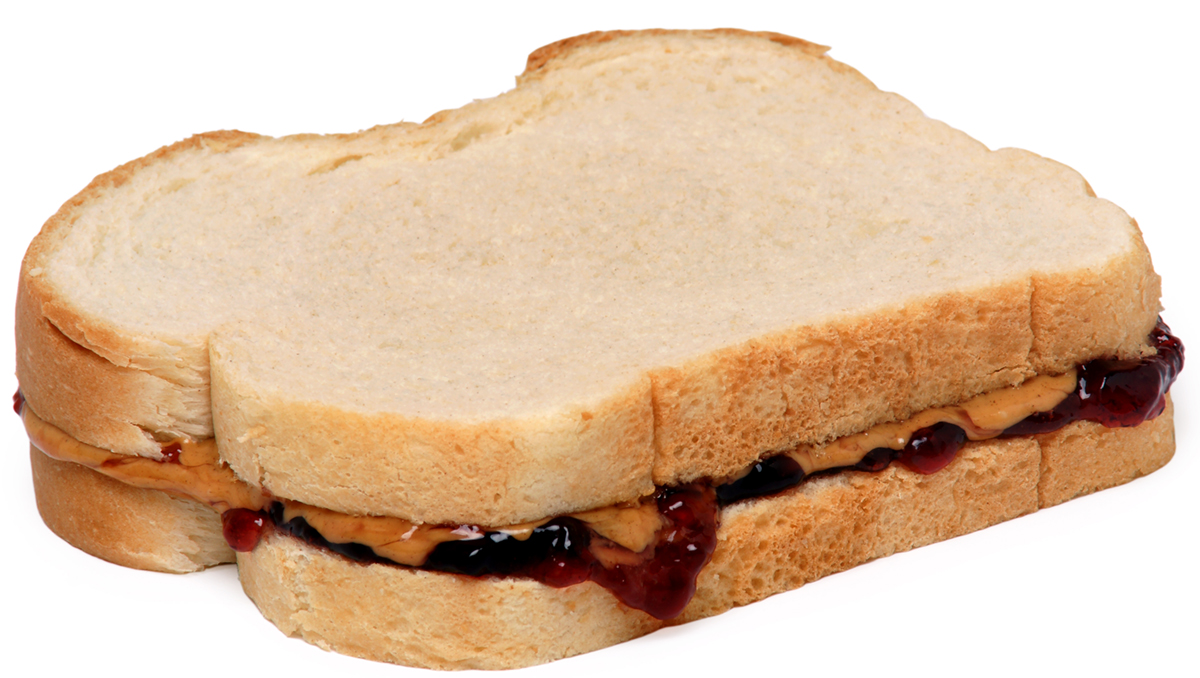
Introduction
Even though peanut butter contains many calories, it is very healthy, generally.
The less refined the peanut butter is, the more healthy it is, because the raw form has the most nutrients that come from the skin of the peanut.
Processed peanut butter might contain trans-fatty acids in larger amounts as well so natural peanut butter is the best way to go.
Calories
In peanut butter, 71 percent of the calories come from fats, 14 percent from carbohydrates, and 15 percent from protein.
Since most of the calories come from fats, obese people should not eat too much peanut butter. However, studies have shown that most of the fats contained in the peanut butter are monounsaturated, which is beneficial for the cholesterol.
Benefits
Peanut butter has many beneficial contents. It has a large amount of dietary fiber, which can help regulate the blood cholesterol and blood sugar levels.
It can also reduce risks of colon and rectal cancers and atherosclerosis.
Peanut butter also has a lot of proteins, including a lot of nutrients like vitamin E, Vitamin B3 and minerals that are good for the body, such as iron, potassium, magnesium, copper and calcium.
Vitamin E is a very potent antioxidant and can reduce risks of cancer and cardiovascular diseases. B3, which is commonly referred to as niacin, is a vitamin that aids in the recovery of damaged DNA cells, which protects from cancers as well. It can also improve sexual functions, because it makes sexual hormones secrete properly.
Iron is needed for the red blood cells, and calcium helps strengthen bones and prevents muscle spasms.
Potassium will reduce the risk of hypertension, and if a person really wants a lot of potassium, a good idea is to make a delicious peanut butter and banana sandwich.
Peanut butter can also help in preventing gallstones and serious disease of mental deterioration such as Alzheimer’s.
A study has shown that if a person eats at least one ounce of nuts per week over 20 years, a person can decrease their chances of developing gallstones by 25 percent. One peanut butter sandwich a week will be enough to achieve this.
The niacin in peanuts can also protect from Alzheimer’s disease.
Peanut butter also contains more antioxidants than apples and carrots, believe it or not.
Even though many doctors say that obese and overweight people should not eat peanut butter because it is high in fat and calories, there are other studies that claim that eating peanuts twice a week or more can actually help people stop weight gain.







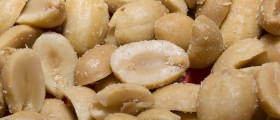

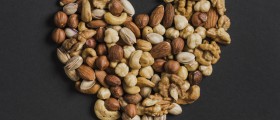
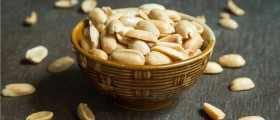





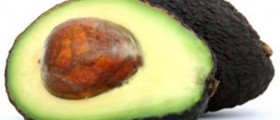
Your thoughts on this
Loading...